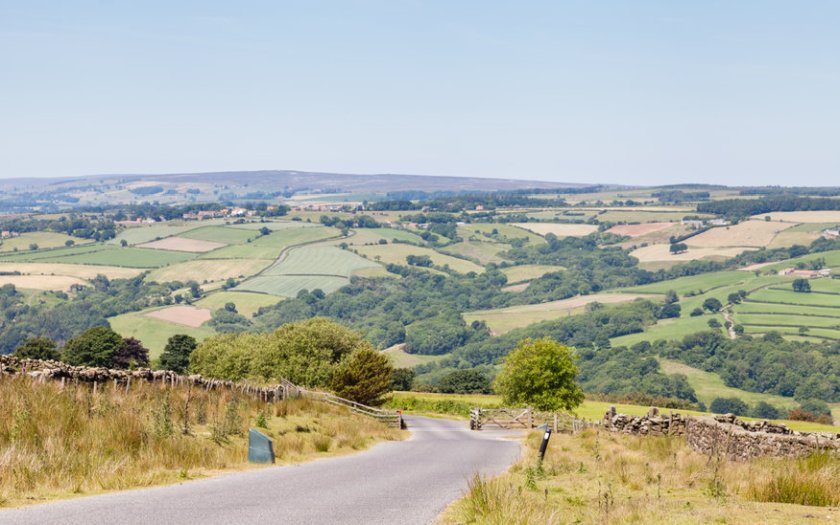
Defra has announced new details on the biodiversity net gain (BNG) requirement introduced in the Environment Act 2021.
The government's new announcement firms up its intention to bring in a mandatory uplift of a minimum 10% biodiversity net gain at the end of this year.
BNG requirement is set to be mandatory under the Town and Country Planning Act, which comes into force from November 2023.
Defra has now detailed a number of exceptions from the requirements and have provided some guidance as to the opportunity to combine BNG and nutrient neutrality mitigation.
Exemptions in the new announcement include householder applications, as well as small scale self-build and custom housebuilding.
Other exemptions include development impacting habitats of an area below a threshold of 25m2, or 5m for linear habitats such as hedgerows.
Biodiversity gain sites, where habitats are being enhanced for wildlife, are also included in the exemptions.
The latest announcement also delays bringing in the BNG requirements for small sites - fewer than 10 houses, or less than 0.5 hectares - until April 2024.
As part of a planning application, applicants are required to submit a biodiversity gain plan, and it is anticipated that Defra will soon be providing further guidance and a template, along with further guidance on off-site offsetting.
Responding to the announcement, Tracey Jackson, head of environment at H&H Land & Estates, said there was some guidance on combining BNG and nutrient neutrality payments.
"It may be possible to have both on the same offset land, with the potential to stack these alongside other environmental schemes."
"This is a complicated process however, and the guidance is still to be digested. More information is still required from the government on many areas of this scheme."
She explained that a significant amount of land was going to be required in order to support large scale development.
"Farmers need to consider if they have any land which they could potentially put forward as biodiversity net gain mitigation," Ms Jackson added.
“With reductions in BPS and a shift in policy towards incentivising farmers to adapting to environmentally focussed farming, and the push to encourage private funding to finance nature recovery, there is much opportunity for collaboration with private developers."
